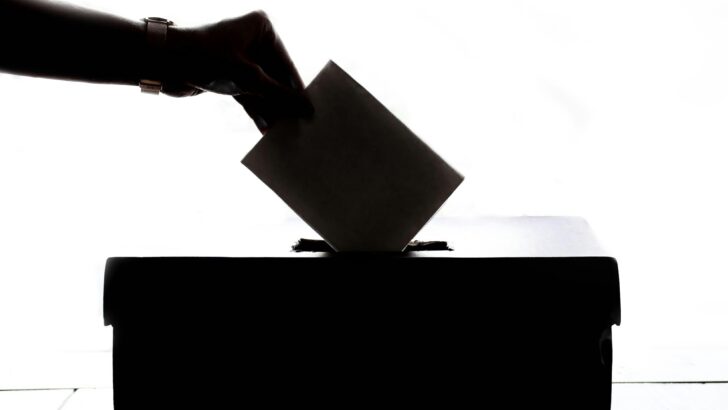While there has been much talk of the UK looking likely to buck the trend of the move to the right in politics that is occurring across Europe with the impending election of a Labour government, ostensibly the local and European elections point towards a similar outcome in Ireland.
With Fianna Fail and Fine Gael achieving the largest share of the vote and competing to be the largest party in local government, voters have somewhat reverted to form in opting for stability and familiarity once again in a time of uncertainty and upheaval.
Prior to the elections, COMECE – the Catholic Church’s representative office in the European Union – published a position paper entitled Strengthening the Culture of Democracy through Values, which argued, subtly, for voters to vote with prudence in the Europe wide elections.
COMECE argued that the success of the European project depends “on the acceptance of fundamental rights and values, such as human dignity, human rights, freedom, non-discrimination, common good, subsidiarity, justice, tolerance, inclusion, solidarity, equity and religious freedom.”
Results in the Local and European election indicate that Ireland remains supportive of these values, choosing, in the main, to reject candidates from either end of the political spectrum that were demanding upheaval or revolution. The centre certainly held.
Overtly far-right candidates, few and far between and marginal in any case, failed to gain the traction that was feared by the mainstream, centrist candidates except in a few isolated locations where the electorate feels ignored by an unrepresentative government. The far-right bogeyman appears to be just that. Far-left candidates also fared poorly, while independents, disparate as they were, now occupy a larger space in local governance.
Although the narrative is that Europe is closing its doors as it moves to the right, Ireland has adopted ‘common sense’ approach to the elections. Stifling conformism was rapidly abandoned on immigration as Fine Gael under Simon Harris took the wind from both Sinn Fein’s and anti-immigrant campaigners sails with a more pragmatic position than was offered by Leo Varadkar.
The message from the elections is that Ireland remains open, that it supports the values of human dignity, the common good, tolerance and solidarity. It rejects the simplistic narratives of us versus them, but also of unmanaged – rather than unconstrained – official immigration policy.
Ireland appears to have listened to, even if we did not hear, COMECE’s call ‘to avoid and repel extremism … to resist the temptation to turn in on ourselves’. The electorate has shown that Ireland is not a xenophobic or intolerant society as it is often assumed to be under the politics of bogeymen that has come to the fore in recent years.
Ireland’s two civil war parties will be relieved at the outcomes of the elections. But they shouldn’t be complacent. These were the first elections in four years in Ireland and the lead up to them demonstrated that the government parties move to listening mode with elections looming. With a General Election likely in less than 12 months, they will remain in listening mode for a little bit longer.
But events in Europe should be a warning to them not to take the electorate lightly. The hiatus since the last elections created a government that thought it did not have to listen. It may be that voters have given stability and familiarity one more chance.
The question for the centre parties is whether they now believe that they are invulnerable to the waves of dissatisfaction that are turning governments in France, Belgium and the Netherlands on its head. They cannot assume that the decent Irish values, founded in our Christian identity, will hold should they continue to ignore the concerns of middle Ireland. No electorate wants to be considered gullible and the General Election is not far away.
The value of democracy through elections is that it forces politicians out of their ivory towers and to come face-to-face with the people, to hear their concerns and to give them some consideration. This will continue until the General Election. Whether they will pull up the drawbridge as they did after the last elections remains to be seen.
That would be unwise. The threat to democracy does not come just from the ‘Far Right’, but from a political establishment that exists in an echo chamber of its own self-importance.










